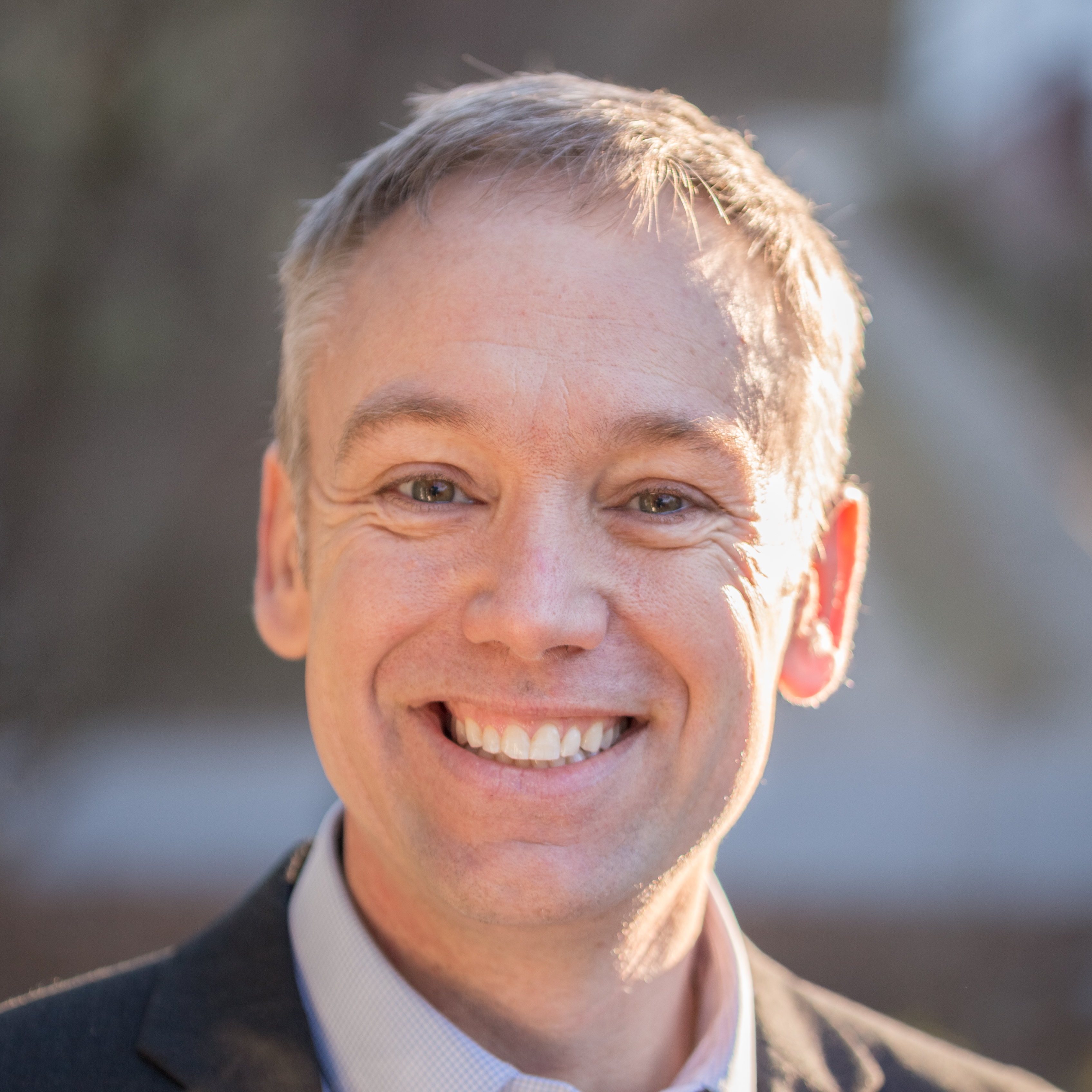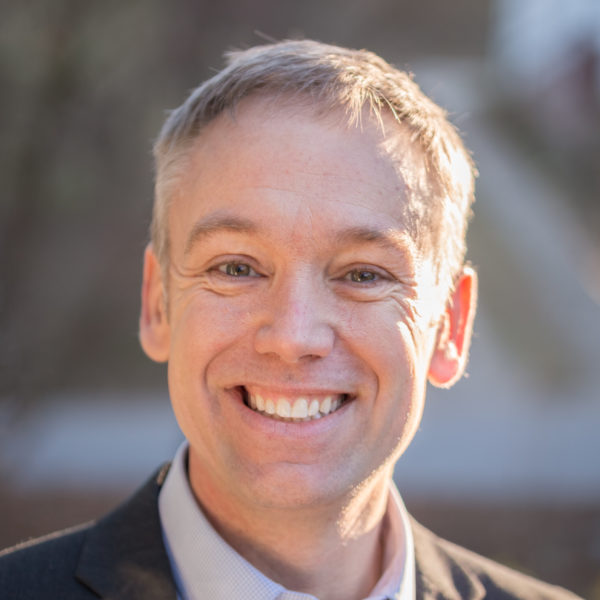
25 May Mountainfilm: Climate Interactive’s Drew Jones & “The New Normal”
Mountainfilm, the official kick-off of Telluride’s summer festival season, uses the power of film, art, and shared ideas to inspire audiences to create a better world. The nonprofit anticipates another sold-out festival this year. A limited number of passes are still available. Buy your pass now. Go here for presenters. Go here for information about The New Normal, the subject of Mountainfilm’s Moving Mountains Symposium, (May 26, 9 a.m. – 2:30 p.m.), and grassroots initiative, featuring Drew Jones of Climate Interactive as the keynote speaker.
Go here to find out about festival films.
Scroll down to listen to Drew Jones’ podcast.

Drew Jones, an expert on international climate and energy issues, is the keynote at The New Normal Mountainfilm symposium.
Is the Paris climate agreement doomed?
Or in the face of the deniers, is there still room for hope?
Is this a Chicken Little Moment or a Paul Hawken’s “Blessed Unrest” moment, with grassroots movements (like Mountainfilm’s The New Normal) saving the day?
Find out at the official launch of Telluride’s summer festival season, Mountainfilm’s Moving Mountains Symposium (and initiative) “The New Normal,” Friday morning, May 26, at the Telluride Conference Center in Mountain Village. The program features guests speakers such as environmental writer and thinker Paul Hawken; cultural anthropologist Alize Carrere, who researches climate adaptation around the world; Garry Charnock, who spearheaded a citizen-led effort to become carbon neutral in the U.K. village of Ashton Hayes, garnering international attention; and Drew Jones, founder of Climate Interactive, an expert on international climate and energy issues, the keynote speaker – and an optimist.
(For the record, Jones’ company gave a two-hour briefing to the UN Secretary General’s climate team based on Climate Interactive’s Climate Scoreboard analysis before the Paris climate negotiations.)
First, Chicken Little & Paris
In an interview published in EcoWatch, linguist, philosopher, cognitive scientist, historian, social critic and political activist – ie, someone smart enough to know – Noam Chomsky, suggests that the sky might well be falling – and the reason comes down to politics:
““I think the main damage [Trump will] do is to the world, and it’s already happening. The most significant aspect of the Trump election—and it’s not just Trump, it’s the whole Republican Party—is their departing from the rest of the world on climate change,” Noam Chomsky…We have this astonishing spectacle of the United States alone in the world not only refusing to participate in efforts to deal with climate change but dedicated to undermining them. It’s not just Trump, every single Republican leader is the same.”
And yes, we are dealing with a man in the White House who claims global warming is a conspiracy invented by the Chinese and whose Secretary of State was chairman of Exxon Mobil. But Chomsky and politics aside, whoever the naysayers and deniers may be, the facts on the ground speak to the truth.
On the off chance you have not heard, say you are living in a cave, amid the 140 characters of dry mockery and invective, this is the real news: Arctic ice cover reached record lows this fall; in Antarctica, a massive crack in the region’s fourth largest ice sheet is continuing to get bigger, threatening the region’s stability. And 2016 was the hottest year ever recorded, surpassing the previous record, which was in 2015.
But well before the election, in the face of what appears to be Mother Natures horrifying indifference to humanity, on April 22, 2016, 195 nations, including the U.S., signed the Paris Agreement, a global action plan to put the world on track to avoid dangerous climate change by limiting global warming to well below 2 degrees C. Without the pledges, global temperatures are scheduled to rise to 8 degrees by 2100. Paris pledges lower that business as usual increase to just over 6 degrees – or not good enough, according to data calculated by Climate Interactive.
Further, back in Paris, the U.S. pledged to reduce greenhouse gas emissions 26 percent from 2005 levels. Instead, according to Jones’ team, if the U.S. continues to create greenhouse gases at the so-called business-as- usual level, (see Chomsky), net emission could reach 6.7 gigatons by 2025.
Obama had a Clean Power Plan to steer power plants towards renewable energy. Coupled with initiatives like energy markets and new state laws, we would have begun to close the gaping maw of net carbon emissions.
But then there is Forrest Trump (thank you Stephen King): the current administration has the will and ability to weaken or do away with many of the mitigating policies.
According to Climate Interactive:
“President Trump is about to decide whether to withdraw from the historic Paris climate agreement or even take the US out of the UN climate negotiation process (UNFCCC). The implications of this decision will be momentous for the U.S. and for the world.”
However, in the face of politics and current policy, wringing our hands in dismay, beating our chests in frustration, is a power loss. Doing something about any the global challenge is not.
Enter Mountainfilm, The New Normal, & Jones:
The theme of Mountainfilm’s Moving Mountains Sympoisum has evolved into a community-wide grassroots effort to battle climate change and help bring the Telluride region to carbon neutrality. No small challenge because Telluride has a carbon footprint twice the national average.
“We felt the first step toward The New Normal was a series of actions that people could take that would be impactful immediately,” Mountainfilm festival director David Holbrooke said. “When we collectivize this broad array of stories about people who are changing their ways to reduce their carbon footprint, we think it will be extremely inspiring for our audience.”
Mountainfilm is planning a host of 2017 festival programming in the vein of The New Normal, with an array of films about climate change and special guests, such as Hawken and Jones, plus former White House Science Adviser John Holdren and cultural anthropologist Alizé Carrère, who researches climate adaptation around the world. (It was Jones’ team who created the recent New York Times graphics on the Paris agreement and the Trump administration’s actions to dismantle it.)
At Mountainfilm, Jones will be sharing the latest analysis, exploring the possible consequences his Climate Interactive has examined using a variety of scenarios run through the interactive climate policy simulation they developed called C-ROADS. Using the C-ROADS simulation, Jones will set the stage at Mountainfilm by guiding the Symposium audience through four scenarios and their implications: Business As Usual; Paris Pledges; Paris Pledges Without the U.S.; and Below 2 degrees C.
Jones will also lead the Mountainfilm audience in a short role-play exercise about climate change played around the world.
And he will share his Top 10 reason for climate hope.
So maybe the sky is not falling…
Click the play button to listen to Drew Jones’ podcast. Promise, it is illuminating.
More about Andrew (Drew) Jones:
Drew is co-director of Climate Interactive. An expert on international climate and energy issues, he is a system dynamics modeler, keynote speaker, and designer of simulation-based learning environments.
Trained in environmental engineering and system dynamics modeling through a B.A. at Dartmouth College and a M.S. in technology and policy at MIT, he worked in the 1990s at Rocky Mountain Institute and in the 2000s with Dana Meadows at Sustainability Institute.
Jones co-accepted the 2008 “ASysT Prize” for “a significant accomplishment achieved through the application of systems thinking to a problem of U.S. national significance,” the System Dynamics Society’s 2013 award for the best real-world application of modeling, and Dartmouth College’s Ray W. Smith award for the most significant contribution to the status of the College.
He and his team at Climate Interactive and MIT Sloan developed C-ROADS, the user-friendly climate simulation in use by climate analysts around the world. His interviews have appeared in multiple media, including the New York Times, U.S. News, and NPR’s Morning Edition.
He teaches graduate and undergraduate courses in system dynamics, systems thinking, and sustainability at the Kenan-Flagler Business School at the University of North Carolina in Chapel Hill and in Executive Education at MIT Sloan.
Drew lives with his family in the mountains of Asheville, North Carolina.


Sorry, the comment form is closed at this time.